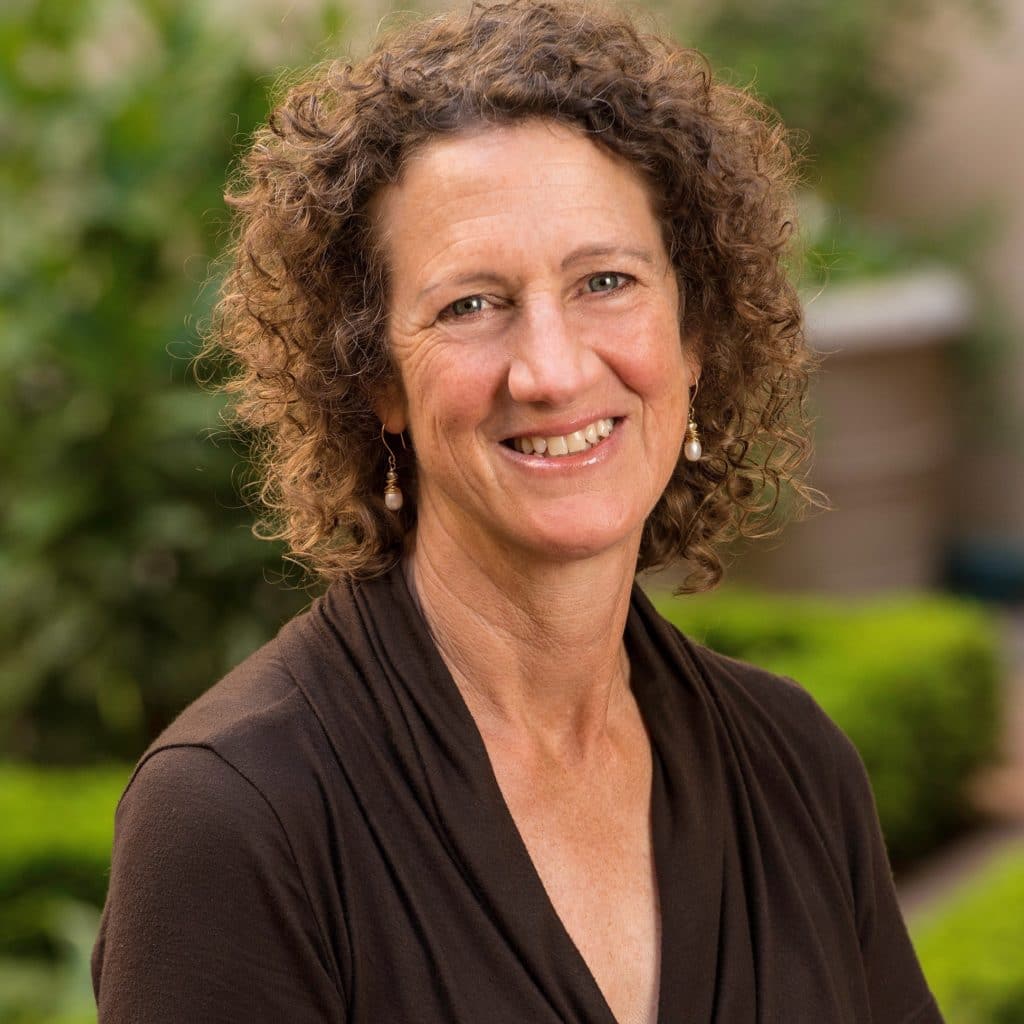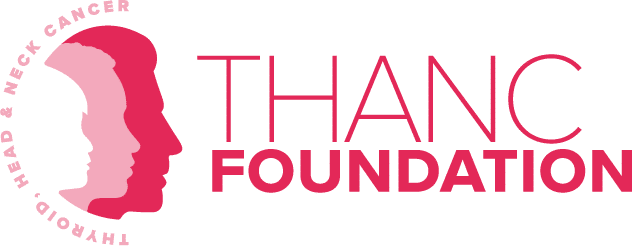
Dr. Lisa Orloff is an Otolaryngologist—Head and Neck Surgeon at Stanford, and she is Director of the Endocrine Head and Neck Surgery Program and the Stanford Thyroid Tumor Program within the Stanford Cancer Center. Dr. Orloff was specially trained in microvascular and laryngeal surgical techniques, and is an expert in using ultrasonography to diagnose and manage head and neck diseases, with a particular emphasis on thyroid cancer. She holds many leadership roles within her field, and she works alongside doctors and researchers around the world. When she talks about the advances and tools of her specialty, Dr. Orloff sees them in the context of her patients.
“One of the biggest challenges for thyroid cancer patients,” Dr. Orloff reveals, “is the long-term surveillance that follows surgery, and the anxieties that come along with it.” This is part of the reason she considers ultrasound to be such an important part of thyroid cancer treatment and why it’s an integral part of her practice. She finds when she performs ultrasound exams, she doesn’t simply gather valuable information, she also has the chance to educate and connect with her patients in a way that helps joint decision-making. She recognizes that juggling various appointments and waiting for results can be stressful, so this is one way to lessen some of that stress and broaden trust and understanding.
We all make the best decisions we can with the information we have at a given time
Among patients who have been previously treated for thyroid cancer, sometimes concerns arise about past therapies. They may worry that previous experiences or choices contributed to their persistent or recurrent illness. While doctors may have different ideas about the best treatment, it’s important to avoid feelings of guilt or blame. “We all make the best decisions we can with the information we have at a given time,” she says. Instead, Dr. Orloff welcomes education and collaboration, stressing that “patients teach us so much.” Partnership is at the heart of successful care, both at the individual level and within the field.
Dr. Orloff explains that the care of thyroid cancer patients is about finding the optimum balance between over-treated and under-treated patients. Employing both ultrasonography and intraoperative tools allows us to maximize information and establish the most well-informed choices. As a surgeon, it’s important to be thorough, while thinking about future approaches and the later effects of any medical care. The need for surgery or radioactive iodine treatment and the extent of these therapies are major topics of discussion among thyroid cancer doctors, and each patient provides a unique set of factors to consider. Ideally, the approach is tailored to each person’s needs.
Although we still have much to learn, Dr. Orloff says she was drawn to her field, in part, due to the treatability of many thyroid cancers. Patients often have positive outcomes, and she finds it gratifying to treat patients with whom she can form long-term relationships, and who have promising futures ahead. For doctors and patients alike, Dr. Orloff emphasizes the need for lifelong learning. She encourages collaboration and communication between physicians and their patients, and among doctors of various disciplines, to enhance our understanding and collectively work towards optimal decisions. Ultimately, she says, it’s about balancing the macro and the micro, the big picture and the individualized details, to provide personalized care and help patients navigate the experience with confidence and trust.

Will You Share Your Story?
September is Thyroid Cancer Awareness Month. As part of that theme, we post stories written by thyroid cancer survivors, caregivers and medical professionals for our 30 Stories in 30 Days™ campaign. The insights they share can help others along their journey.


